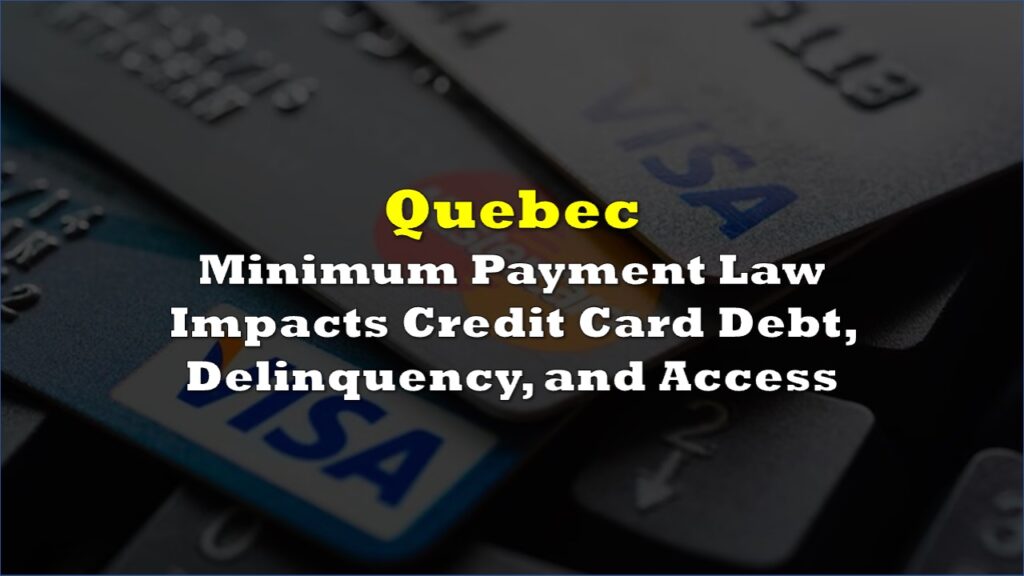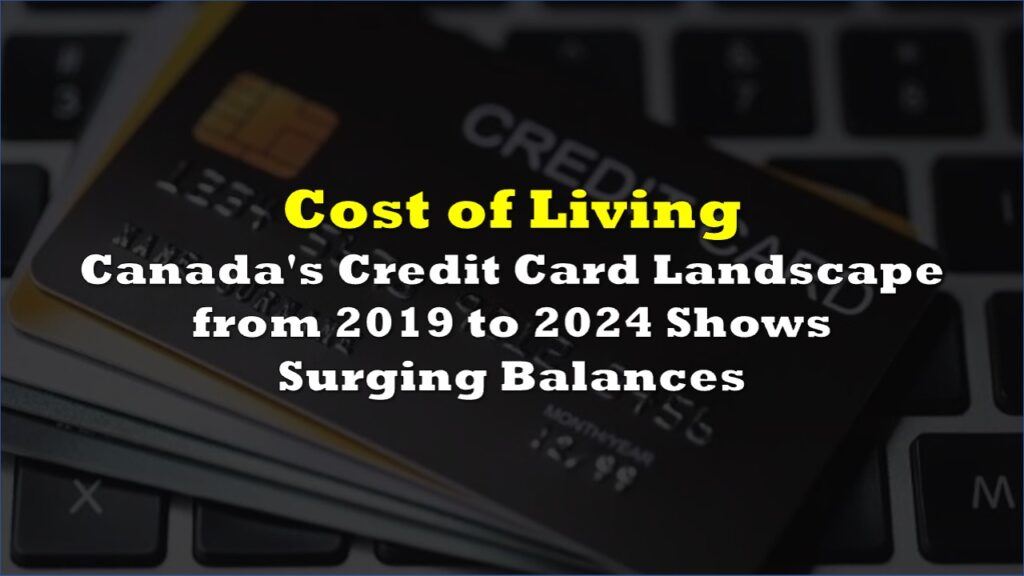Canadian credit card balances have surged to an unprecedented high, reaching $107.4 billion in the second quarter of 2023, according to Equifax Canada’s latest report.
This alarming increase reflects growing financial strain in the face of inflation and climbing interest rates. Equifax Canada’s report further reveals that total consumer debt in Canada skyrocketed to a staggering $2.4 trillion during the same period.
Rebecca Oakes, vice president of advanced analytics at Equifax Canada, attributes the significant growth in non-mortgage debt to a substantial surge in credit card balances and a noteworthy rise in debt among subprime and deep subprime consumers. On average, non-mortgage debt per credit-active consumer has risen to $21,131.
Read: Are the “Rich” Selling Their Luxury Gear (and Tanking the Markets)?
Surprisingly, despite the mounting credit card debt, credit card delinquencies haven’t surged as rapidly as anticipated. This is partially attributed to an influx of new credit card users, contributing to the overall increase in non-mortgage debt.
Equifax Canada also highlighted that while many Canadians are scaling back their credit card spending, lower-income households are finding it increasingly challenging to rein in their expenses. Fewer consumers were able to pay their monthly credit card balances in full during the second quarter, underscoring the ongoing financial pressures faced by Canadians.
“The slowdown in credit card spend seems to be more prominent among mortgage holders and higher-income segments,” Oakes said in a news release. “They may have more flexibility to scale back on discretionary spending to meet their increased credit payment obligations. However, it’s a different story for lower-income households, who are grappling with rising costs and may find it challenging to curb their spending. The divide becomes apparent when we consider savings — those with higher savings can redirect funds to cover fixed expenses like mortgages and auto loans while tightening the reins on variable expenses like credit card spending. Meanwhile, consumers with depleting savings are facing an uphill battle, resulting in a continued uptick in credit card debt.”
Information for this story was found via Equifax Canada, the Toronto Sun, and the sources and companies mentioned. The author has no securities or affiliations related to the organizations discussed. Not a recommendation to buy or sell. Always do additional research and consult a professional before purchasing a security. The author holds no licenses.









